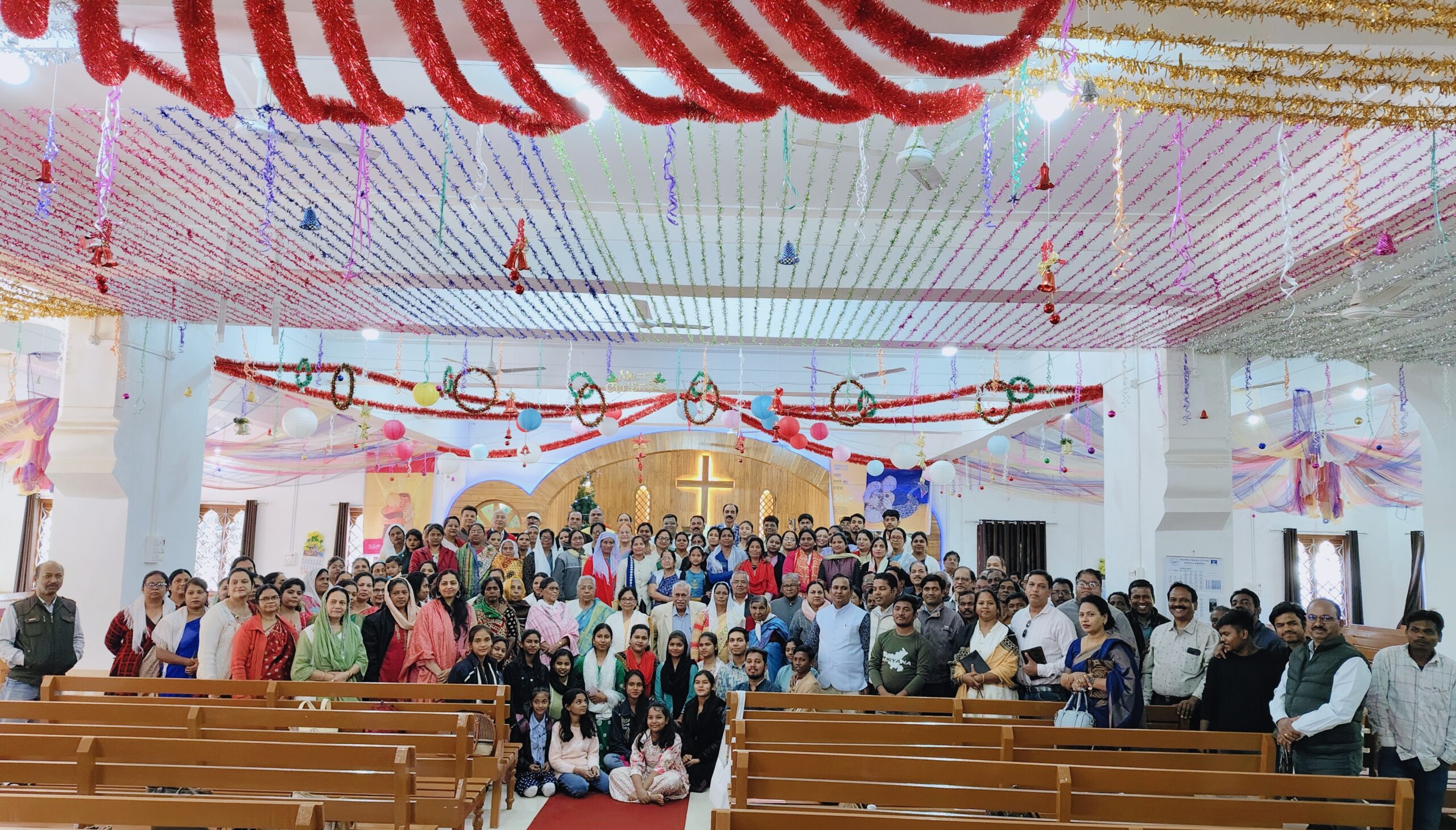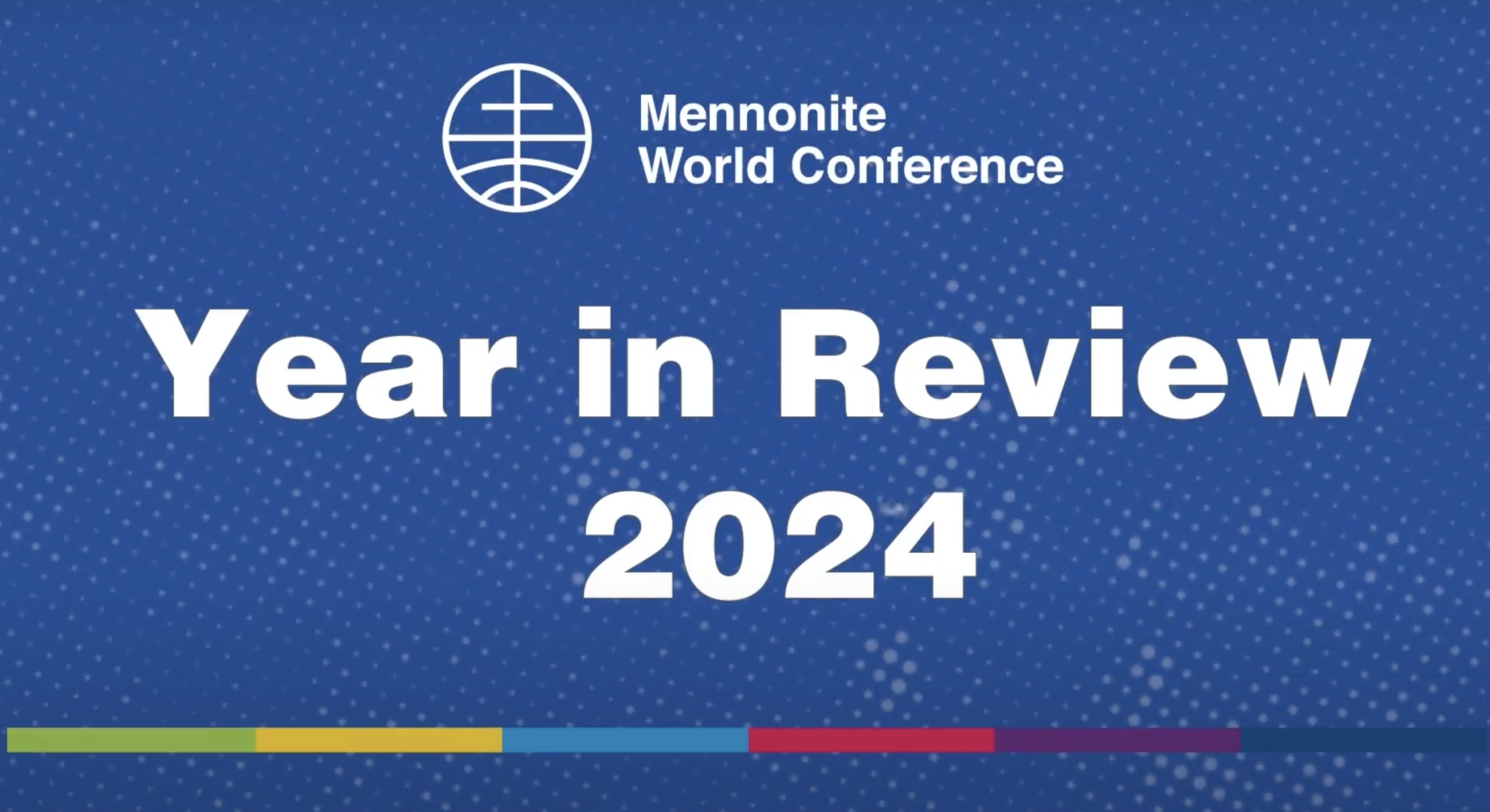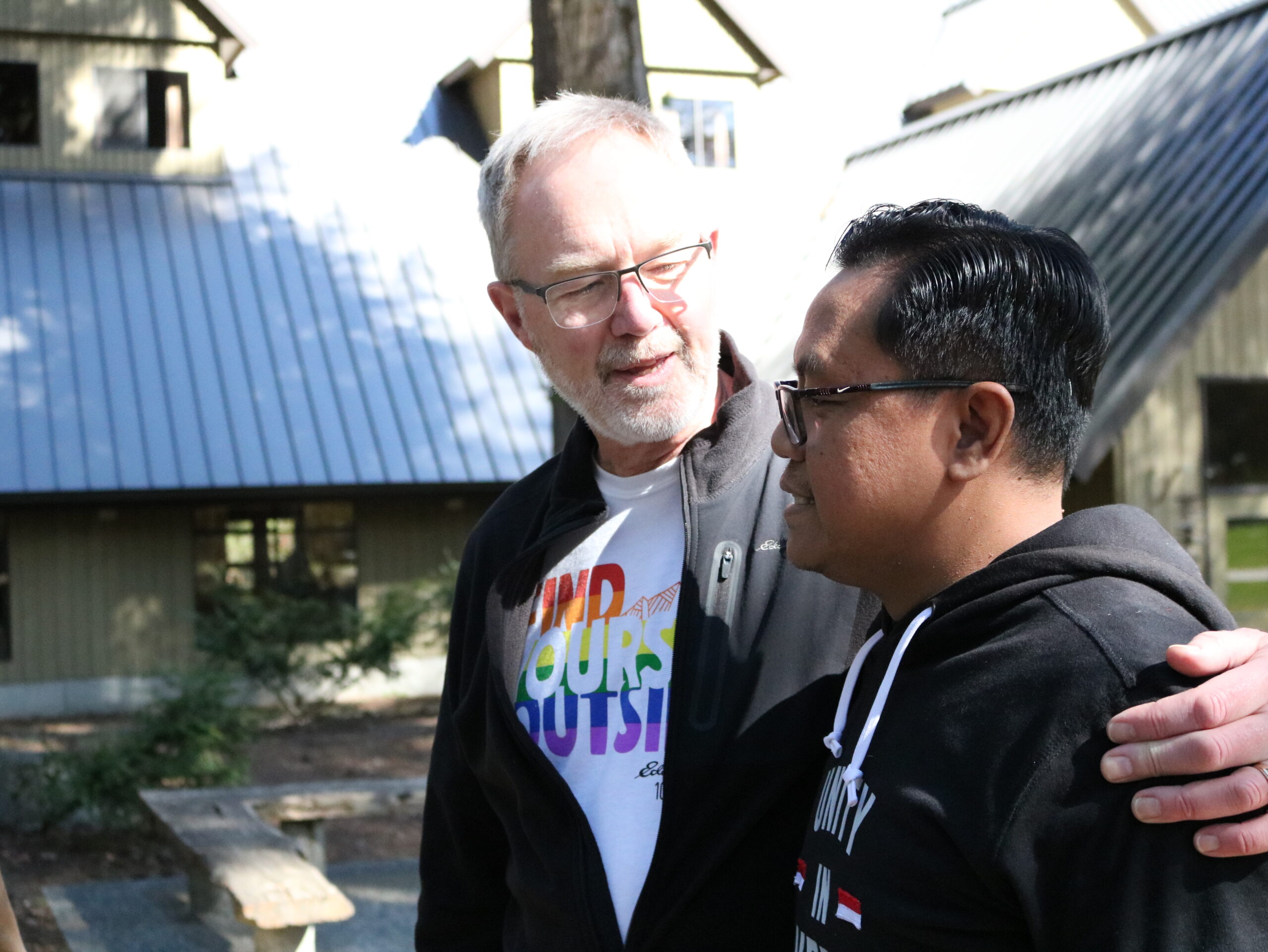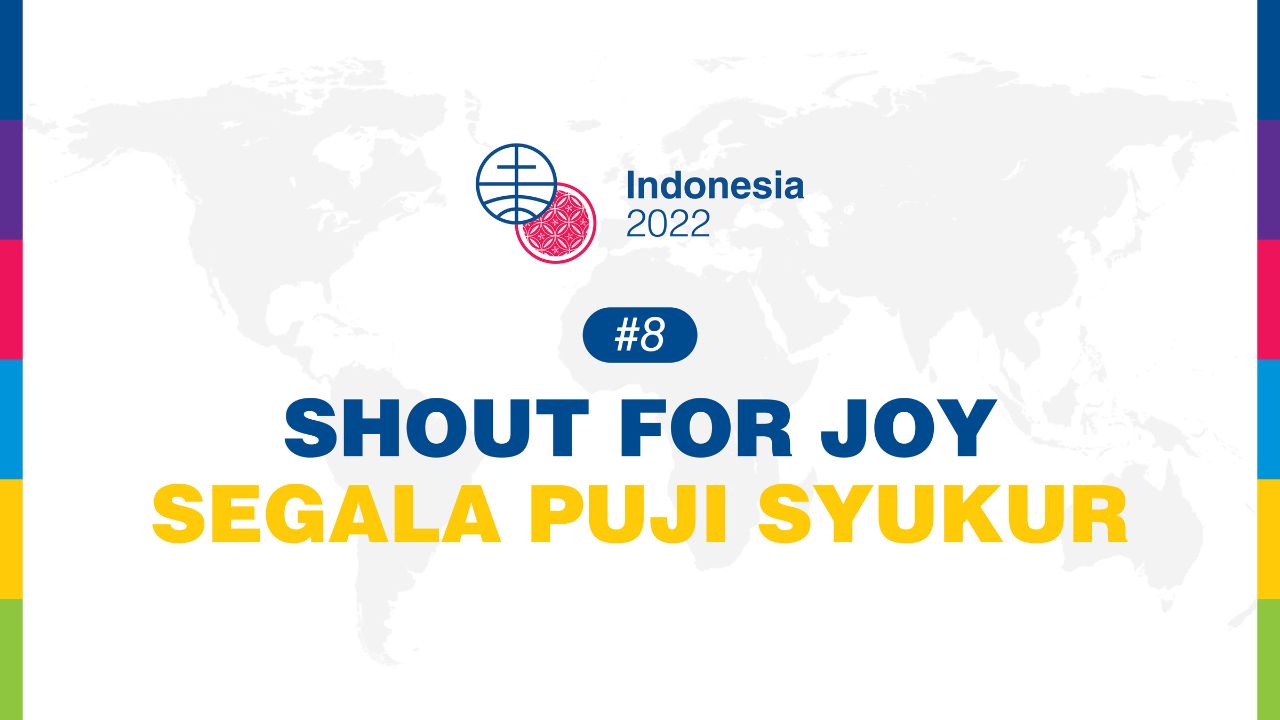-
Courage to love those who are different
“The love for Jesus Christ inspires us and motivates us to overcome all kinds of fear,” said Sushant Nand. The International Exchange Program coordinator and project officer with Mennonite Central Committee, India, spoke on Anabaptist World Fellowship Sunday 2025 at Mennonite Church Korba, a unit church of Bhartiya General Conference Mennonite Church, India. “The early…
-
Year in Review 2024
Our member churches are like the many pieces of a mosaic. Each piece is different, but together we form one beautiful mosaic. Thank you to everyone in our churches supporting MWC.#mwcmm #followingJesus #livingoutunity #buildingpeace
-
Tithes and offerings
Anabaptist World Fellowship Sunday 2025 In many cultural contexts, and particularly in Africa, the offering is as important as the sermon, as a meaningful part of worship. The pastor often asks one of the ushers to pray, to bless the givers, and also that those who are not giving may be blessed to give. Often…
-
Commemorating 500 years of Anabaptism
Anabaptist World Fellowship Sunday 2025 Part A: Origin of Anabaptism in 1525 Part B: Origin of Anabaptists/Mennonites in your own country Part C: WCRC and MWC Common Statement of Confession, Gratitude and Commitment Part D: A Responsive reading of gratefulness, based on Psalm 136 This content is provided to give context for Anabaptism@500 years –…
-
“The Courage to Love” activity
Anabaptist World Fellowship Sunday 2025 Luke 6:32 says if you love those who love you, what credit is that to you? Human beings have the tendency to love those who love them. It is easy to love those who love us or who are good to us. But Jesus teaches us to love those who…
-
Celebration ideas
Anabaptist World Fellowship Sunday 2025 Participate in person or join in online on 29 May 2025 On Saturday 29 May 2025, Mennonite World Conference (MWC) will welcome guests from around the world to The Courage to Love: Anabaptism@500. The day-long celebration commemorates the birth of the Anabaptist movement in Zurich, Switzerland. Following workshops, concerts, a…
-
An act of justice, a gesture of love
Many hands make light work This adage is one we use frequently when we’re doing work together. A core part of our identity as Mennonite World Conference is living out unity, so pooling our efforts to make a positive difference in the world is fundamental. Living out unity is calls on each one of us…
-
Anabaptist World Fellowship Sunday 2025
Theme The Courage to Love Why this theme was chosen The first baptisms in the Anabaptist tradition took place in secret in Zurich, Switzerland, on 21 January 1525. A small group of Jesus-followers acted together with courage on their shared understanding of Scripture and the church, different from their political and religious context. Today there…
-
Speaker’s bureau
Invite the global church into your congregation! MWC member congregations are welcome to invite one MWC speaker per year to bring a message from the global Anabaptist-Mennonite family. This may be for Anabaptist World Fellowship Sunday, Peace Sunday or any day you wish to give special attention to the global family. Please consider giving an…
-
True Evangelical Faith
Assembly 17 – Indonesia 2022 – Songs True evangelical faith,Menno Simons/Larry Nickel© 2013 Cypress Choral MusicReprinted / Streamed with permission under ONE LICENSE #A-740570
-
Sari Sristhi ke Malik Tumhi Ho
Assembly 17 – Indonesia 2022 – Songs Sari Srishti Ke Malik Tumhi HoMr Kiran Kumar PradhanReprinted / Streamed with permission under ONE LICENSE #A-740570
-
Segala Puji Syukur
Assembly 17 – Indonesia 2022 – Songs Segala Puji Syukur / Shout for joy / Zanmei zhuNiko Njotoahardjo, Fountain of Praise Ministries© 1987 Niko Njotorahardjo, Fountain of Praise Ministries (contact assistant ilonatumiwa@yahoo.com)Reprinted / Streamed with permission under ONE LICENSE #A-740570





